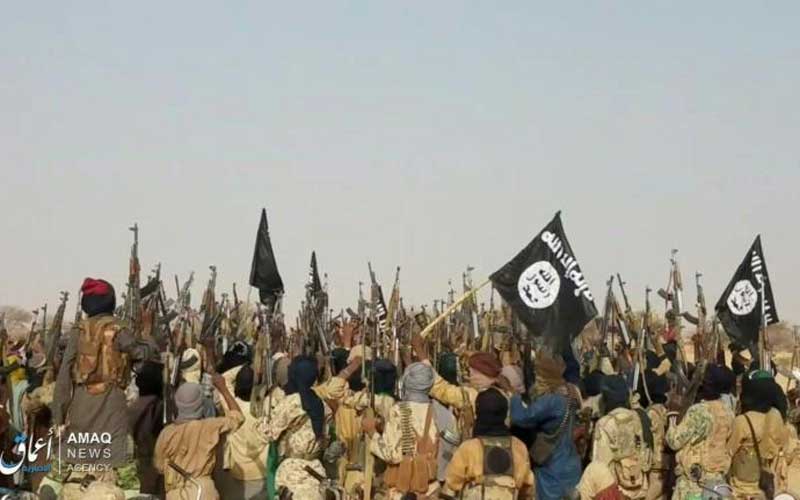×
The Standard e-Paper
Home To Bold Columnists

Al-Qaeda and the Islamic state group have turned their guns on each other in the Sahel, according to experts, fracturing a period of cooperation that has held for years.
The rival jihadist outfits have squared off in other theatres before, such as in Syria. But they have often worked in tandem in the Sahel, coordinating attacks, and even swapping fighters.